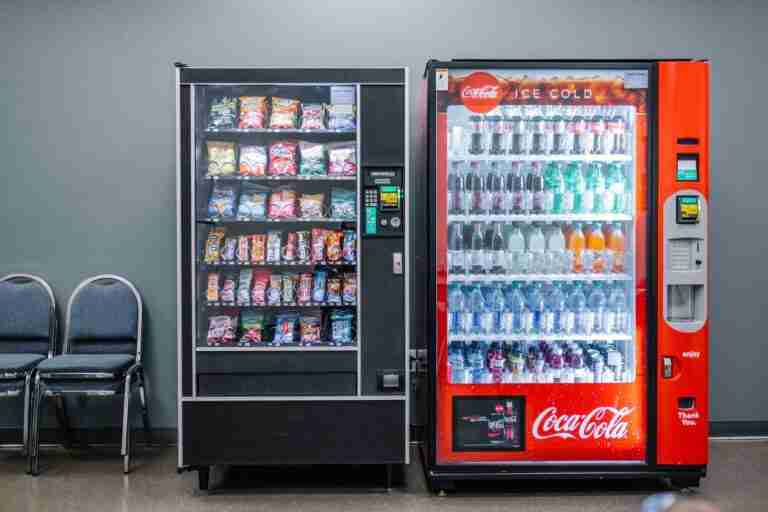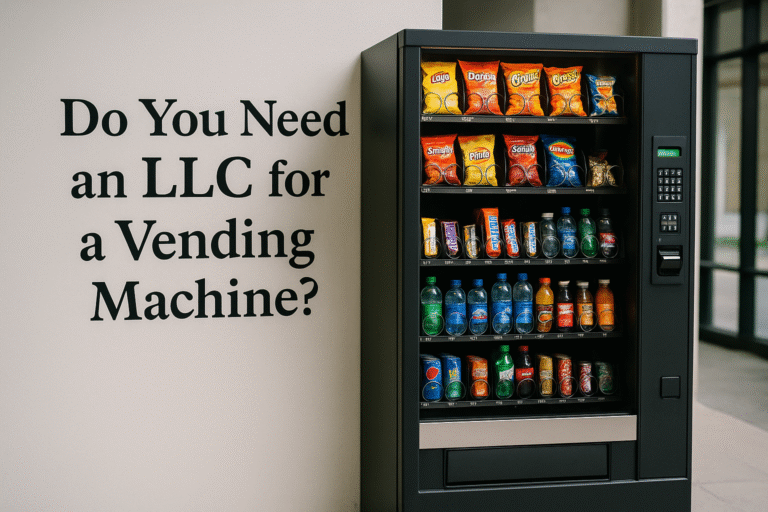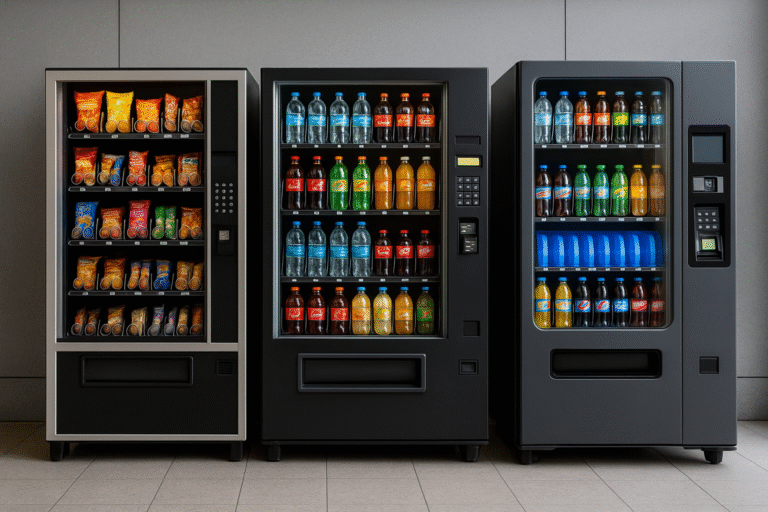¡Envío fijo a Puerto Rico: $1,200 en tu primera máquina y solo $375 por cada adicional! Envíanos un WhatsApp
How Much Does a Vending Machine Cost in 2024?
Introduction
The vending machine industry continues to evolve with technological innovations and expanded product offerings, making them a lucrative business opportunity. However, understanding the cost involved in purchasing and operating vending machines is crucial for potential investors and business owners. This comprehensive guide will detail the various costs associated with different types of vending machines, from basic models to advanced technologies available in 2024.
Understanding Vending Machine Types and Their Costs
Vending machines come in various forms, catering to a wide range of products and services. The cost of these machines varies significantly based on their complexity, functionality, and the products they dispense.
Standard Snack and Beverage Machines
The most common types of vending machines are those that dispense snacks and beverages. Prices for these machines typically range from $1,500 to $6,000. The cost varies depending on factors such as machine capacity, payment systems (cashless or cash),
and energy efficiency.
Specialized Vending Machines
Specialized vending machines that offer items like hot beverages, fresh food, or even electronics, often have higher costs due to more sophisticated dispensing mechanisms and refrigeration capabilities. These can range from $5,000 to $15,000 or more, depending on the customization required.
Smart Vending Machines
Smart vending machines, equipped with touch screens, connectivity for remote monitoring, cashless payment options, and interactive user interfaces, represent the higher end of the market. Prices can range from $3,000 to over $10,000. The inclusion of advanced technologies like biometric authentication and real-time data analysis further increases the cost.
Factors Affecting Vending Machine Costs
Several key factors influence the pricing of vending machines:
Manufacturing Quality and Brand
Higher-end brands known for quality and reliability tend to charge more. These costs are often justified by enhanced durability, lower maintenance requirements, and better customer service.
Custom Features and Technologies
Custom features such as energy-efficient refrigerators, LED lighting, and specialized payment systems can add to the cost. Technologies that offer consumer convenience, like mobile payments or voice activation, also contribute to a higher price point.
Installation and Maintenance Costs
The location where the vending machine will be installed impacts the cost. Installation in areas with high foot traffic or limited space might require additional investment in security measures or compact designs. Ongoing maintenance costs for regular servicing, repairs, and restocking should also be considered.
Evaluating Return on Investment (ROI)
While the initial costs can be high, the potential returns make vending machines a viable business option. Factors that affect ROI include:
Location
Choosing the right location is crucial, as high-traffic areas typically yield higher sales. Locations such as universities, hospitals, and large office buildings are ideal.
Product Selection
Offering products that meet the specific needs and preferences of the target audience at each location optimizes profitability.
Operational Efficiency
Efficient management of inventory and maintenance can reduce costs and increase machine uptime, enhancing revenue.
Future Trends in Vending Machine Costs
As technology advances, the cost of high-tech features in vending machines is expected to decrease, making them more accessible. Additionally, trends towards more personalized and consumer-focused vending solutions may drive further innovation in the sector.
Conclusion
Investing in vending machines in 2024 requires a thorough understanding of the types of machines available, their costs, and the potential return on investment. By considering the factors outlined above, prospective owners can make informed decisions that align with their business goals and budget constraints.




